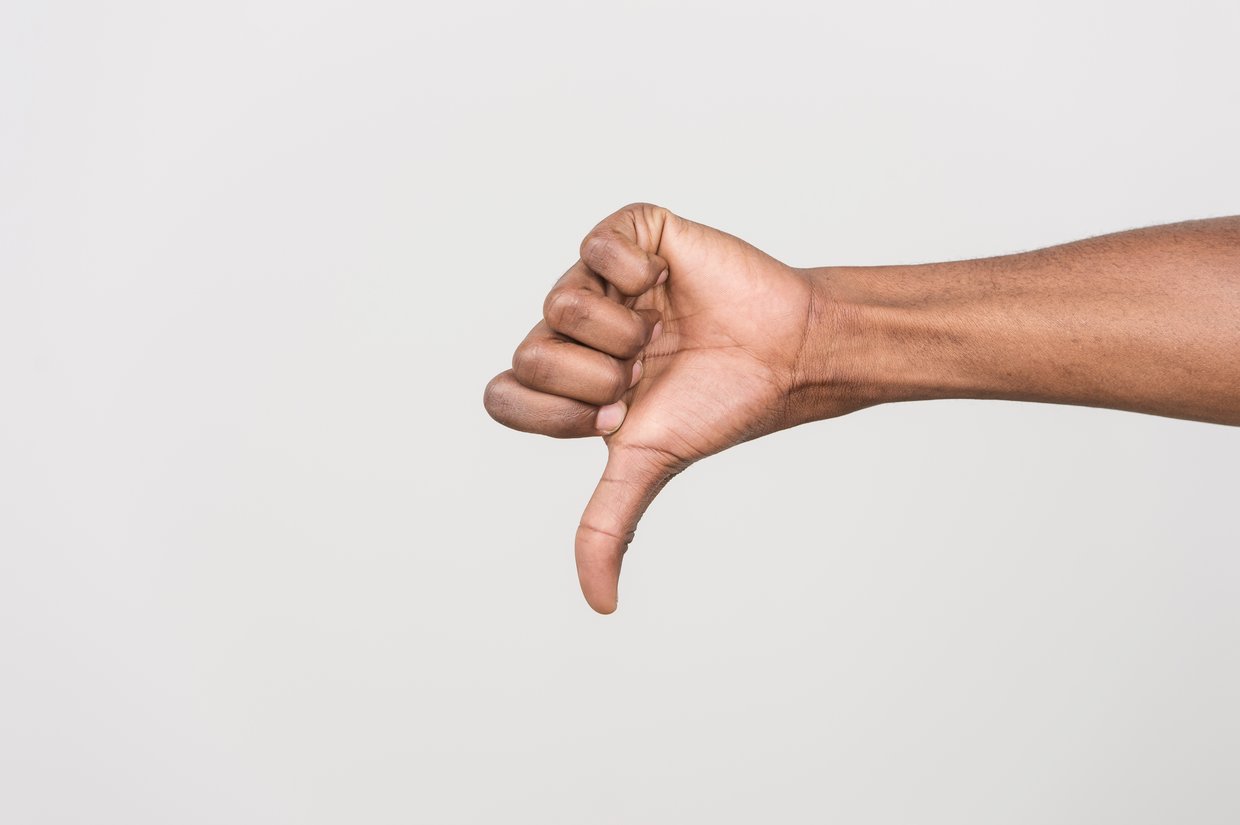Facebook has faced significant challenges over the last few years, notably since 2016, which saw the tech giant embroiled in controversies relating to the election of President Trump in the US, and to the UK’s Brexit referendum. 2020 is not proving to be any easier.
The world’s largest brands boycott the world’s largest social media platform
The current controversy was sparked when President Trump reacted to the Black Lives Matters demonstrations in a post on Twitter and Facebook, which he ended with the phrase ‘when the looting starts, the shooting starts’. Twitter reacted by hiding the post behind a warning that it ‘glorified violence’; Facebook, on the other hand, did nothing, with Zuckerberg saying that it was “better to have this discussion out in the open”.
Shortly after this debate, a consortium of civil rights groups started urging advertisers to reduce or even halt their spending on Facebook throughout July, under the #StopHateForProfit hashtag. The campaign gathered momentum, peaking with Unilever’s announcement last Friday (June 26th) that they would cease all their US advertising on Facebook until the end of the year. Within two hours of the announcement, Mark Zuckerberg released plans to prohibit hate speech ads and to better protect groups such as immigrants on Facebook. He also said that the platform, undoubtedly with one eye on President Trump, would label posts that violate their policies but need to remain published ‘in the public interest’.
Facebook’s changes weren’t enough
But Zuckerberg’s pledges weren’t sufficient to stem the flow: over the weekend and into the beginning of this week, more and more brands announced they would be joining the boycott. Facebook is now facing the loss, at least temporarily, of income from 150 brands as large as Verizon, Starbucks, Adidas, Coca-Cola and Honda – as well as Unilever of course. To give an idea of the amount of money this means, Unilever and Verizon spent $850,000 and $504,000 respectively on Facebook in the first three weeks of June alone. The World Federation of Advertisers claims that a third of the world’s biggest brands will, or are likely to, suspend advertising on social media, while an additional 40% are undecided.
What are the implications for Facebook?
The loss of income because of the boycott will undoubtedly be a real blow for Facebook – but by no means a fatal one. The majority of its income comes from the longtail: eight million small and medium-sized companies who are priced out of TV and therefore can’t afford not to advertise on Facebook. However, Facebook’s share price was affected by the boycott, down by 10% to $212.50 over the course of the week to June 28th. They have no choice but to closely consider their next steps, particularly ahead of what is sure to be a contentious presidential election in November.
The Facebook boycott was catalysed by the Black Lives Matter movement, but came amid a context of haphazard policing of the site. Facebook’s stance on hate speech has long been less clear than its position on other controversial content such as nudity; this is partly because it believes that it shouldn’t be responsible for this content, and partly because it’s so much more difficult to automate this work. It has made significant progress in this area: according to its Community Standards Report, in 2017, Facebook identified just 25% of hate speech removed from the platform itself, relying on users to flag the other 75%. By the spring of this year, however, 88% of the hate speech removed was found with its own tools, meaning it could remove or restrict four times as much as it had two years earlier.
Facebook, and many of the other social media companies, continue to maintain that they are tech platforms, not media platforms, with the limited responsibility for content that that status implies. However, in introducing measures such as those described above, they are arguably de facto admitting that they are publishers and therefore have a duty to ensure that their content abides by local and international laws.
What is motivating brands to boycott Facebook?
Facebook has long been a key advertising platform for brands, giving them access to billions of users across the planet. Boycotting the company as part of the #StopHateForProfit campaign is a very sound PR move, and a great example of the world’s largest corporations using their power for good – in this case, holding social media companies to account. Advertising budgets for many brands, especially travel and consumer goods brands, are shrinking as the world faces an almost certain recession following the coronavirus pandemic. They will be seeking to make cuts and the #StopHateForProfit campaign may have presented an opportune moment to start making those cuts whilst simultaneously spurring change. What’s more, media cost deflation for most traditional media types and lower-than-expected inflation for digital channels mean that advertisers may feel they are in a strong position regarding where they place their advertising spend, allowing them to boycott a previously key channel. However, it’s important to remember that, while this move by advertisers may have been partially instigated by the fall-out from Covid-19 crisis, digital is a key channel and has become even more so during the pandemic as billions seek entertainment and information at home – this is a big move. Some brands will also undoubtedly use their break from the platform to evaluate the impact that Facebook activity has on their marketing results. In short, the move by marketers to boycott Facebook is both altruistic and strategic: it will be fascinating to see how it pans out.
Brands have long been uneasy about advertising on Facebook, thanks to historical brand safety issues and because they are worried about contributing to the consolidation of the Facebook-Google duopoly. No matter what the reasons or motivations for the boycott, perhaps now is the time that Facebook will be forced to implement fundamental change to the platform, including allowing marketers to better control where their ads are placed, and making the algorithms that control content more transparent.
Image: BlueSkyImage / Shutterstock




.png)




